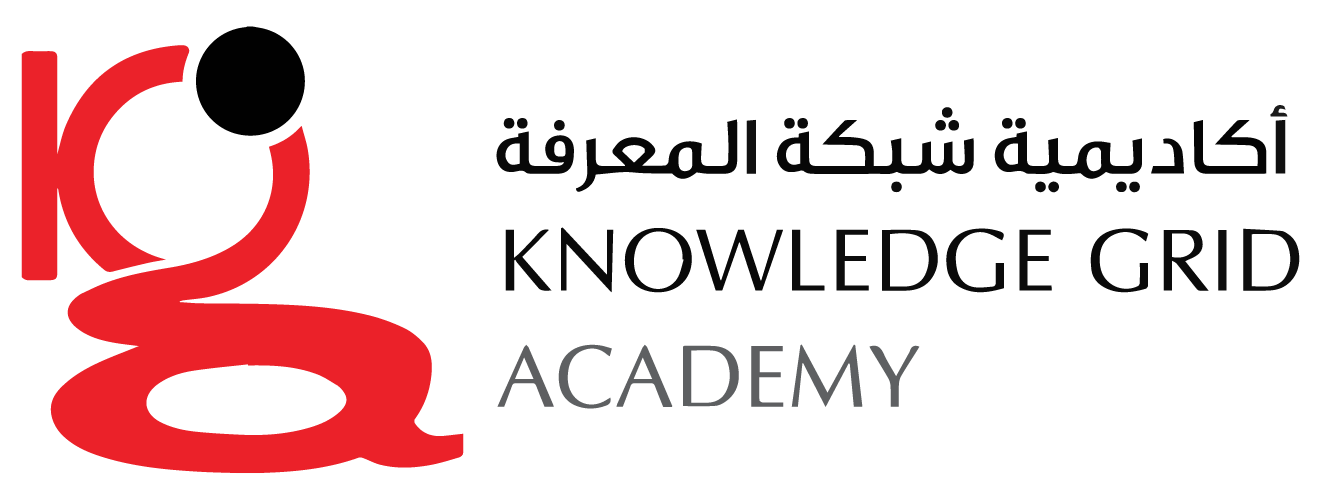Course Aim
This award aims to provide a comprehensive understanding of all aspects of Fire and Gas Detection Technology, from performance-based design (fire and gas mapping) to practical maintenance requirements. The course will introduce the learners to the technology and science behind Fire and Gas detection and look at a wide range of detection devices for heat, flame and gas detection.
Course Objectives
At the end of the course, the trainee will be able to:
- Understand the principles of gas, flame and heat detection
- Understand how detectors work and what their role is in a safety system
- Understand the performance requirements and design requirements of a fire and gas detection system
- Understand the local and international legislation requirements of a fire and gas detection system
- Understand industry best practices and codes of practice
- Understand the strengths and weaknesses of different types of detection technology
- Understand the basics of area mapping and hazardous area classifications
- Carry out a simple analysis of an area to identify the best locations for a range of different fire and gas detectors
Course Content
- Role & Action of Fire & Gas Detection Performance Requirements
- Design Considerations
- Legislative Requirements
- Industry Code of Practice
- Strengths, limitations of use and characteristics of various detector technologies:
- Considerations for Fire and Gas Hazards and applying hazard grades
- Analysis of local hazards and subsequent detector locations
Who Should Attend?
Instrument technicians and engineers.
